IRS Warns Against Impersonation Scams
The IRS has warned taxpayers to remain vigilant against phishing emails and telephone scams especially at a time when those who had recently filed returns could be waiting for a response from the IRS. Taxpayers were also urged to be alert against year-round tax scams, which tend to evolve over time. Under the phone scam, the scammer warns the victim that if he or she does not call back, an arrest warrant would be issued, or other law-enforcement agency intervention, deportation, or revocation of licenses would be initiated. Further, taxpayers are advised to report unsolicited emails to phishing@irs.gov.
The IRS reminded taxpayers that it would never call to demand immediate payment using a specific payment method, threaten to bring in local police or other law-enforcement groups to have a taxpayer arrested for not paying, or demand that taxes be paid without giving the taxpayer the opportunity to question or appeal the amount owed.
Taxpayers who do not owe taxes and have no reason to think they do should not give out any information on the call. Instead, they should report it using the Treasury Inspector General for Tax Administration’s IRS Impersonation Scam Reporting web page. Taxpayers could also report the suspicious activity to the Federal Trade Commission by using FTC Complaint Assistant on FTC.gov.
Taxpayers who owe tax or think that they do should view tax account information online at IRS.gov to see the actual amount owed, and also review their payment options. Additional information can be obtained at “How to know it’s really the IRS calling or knocking on your door” at IRS.gov.
IRS Fact Sheet
Here are a few more specific ways in which the IRS has said it does and does not contact taxpayers. The following comes from an IRS Fact Sheet published in order to help taxpayers avoid scams in which criminals impersonate IRS employees.
Background. For several years now, IRS has been publishing, in various formats, information and warnings about scams that involve taxpayers and IRS and about how taxpayers can protect themselves from such scams.
Ways in which legitimate IRS employees contact taxpayers.
Here are various ways that legitimate IRS employees contact taxpayers.
IRS initiates most contacts with taxpayers through regular mail delivered by the U.S. Postal Service. However, there are special circumstances in which IRS will call or come to a home or business, such as:
- When a taxpayer has an overdue tax bill,
- To secure a delinquent tax return or a delinquent employment tax payment, or
- To tour a business, for example, as part of an audit or during criminal investigations.
Even then, taxpayers will generally first receive a letter or sometimes more than one letter, often called notices, from IRS in the mail.
IRS employees may make official and sometimes unannounced visits to discuss taxes owed or returns due as a part of an audit or investigation. Taxpayers generally will first receive a letter or notice from IRS in the mail. If a taxpayer has an outstanding federal tax debt, IRS will request full payment but will provide a range of payment options.
All IRS representatives will always provide their official credentials, called a pocket commission and a HSPD-12 card. The HSPD-12 card is a government-wide standard form of reliable identification for federal employees and contractors. Taxpayers have the right to see these credentials. IRS employees can provide an additional method to verify their identification. Upon request, they’re able to provide a toll-free employee verification telephone number.
IRS employees may call taxpayers to set up appointments or discuss audits but not without first attempting to notify taxpayers by mail.
Calls from IRS-contracted private collection agencies. IRS assigns certain overdue tax debts to private debt collection agencies (PCAs). Here are the facts about this program:
- IRS will send a letter to the taxpayer letting them know IRS has turned their case over to one of the four PCAs. The PCA will also send the taxpayer a letter confirming assignment of the taxpayer’s account to the agency.
- IRS will assign a taxpayer’s account to only one of these agencies, never to all four. IRS authorizes no other private groups to represent IRS.
- It’s important to know that PCA representatives: will identify themselves and will ask for payment to “U.S. Treasury”; will not ask for payment on a prepaid debit or gift card; and will not take enforcement action.
Ways in which legitimate IRS employees will not contact taxpayers.
Here are types of contacts that IRS will not make.
IRS does not:
- Demand that people use a specific payment method, such as a prepaid debit card, gift card or wire transfer. IRS will not ask for debit or credit card numbers over the phone. People who owe taxes should make payments to the U.S. Treasury or review IRS.gov/payments for IRS online options.
- Demand immediate tax payment. Normal correspondence begins with a letter in the mail and taxpayers can appeal or question what they owe. All taxpayers are advised to know their rights as a taxpayer.
- Threaten to bring in local police, immigration officers or other law enforcement agencies to arrest people for not paying. IRS also cannot revoke a license or immigration status. Threats like these are common tactics scam artists use to trick victims into believing their schemes.
Collection employees won’t demand immediate payment to a source other than “U.S. Treasury.”
IRS employees conducting criminal investigations are federal law enforcement agents and will never demand money.
Scammers may, but IRS will not, ask taxpayers about refunds or filing status or ask them to confirm personal information, order transcripts, or verify personal identification numbers.
IRS does not use email, text messages, or social media to discuss tax debts or refunds with taxpayers.
Source: Thompson Reuters Checkpoint Newsstand 6-7-2018


.png)



